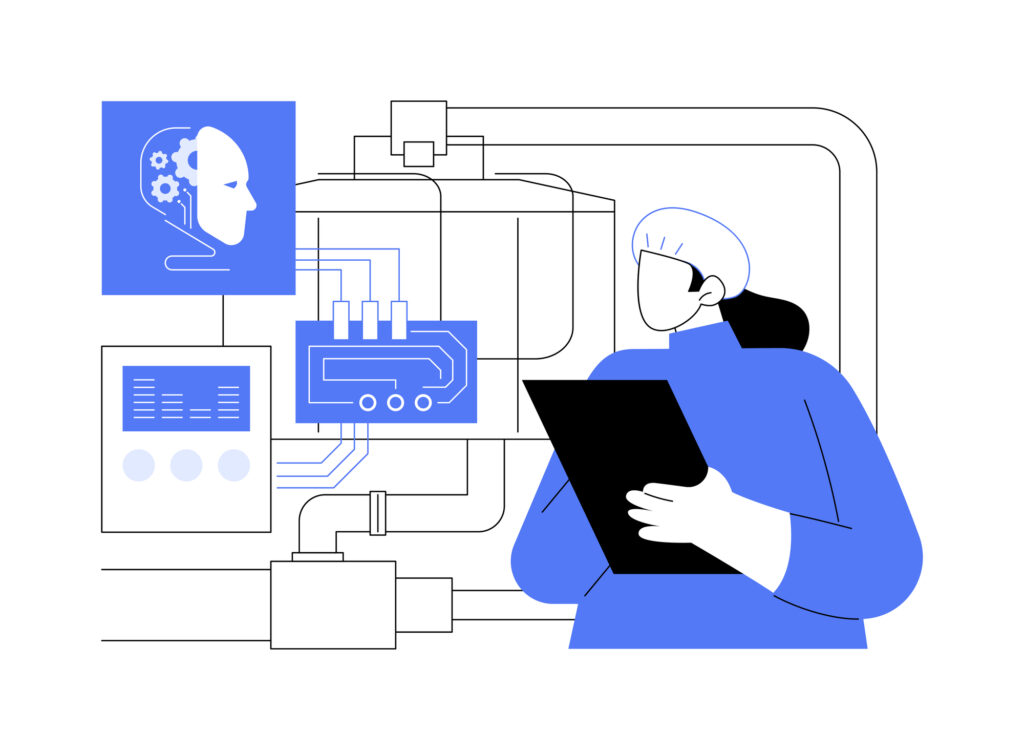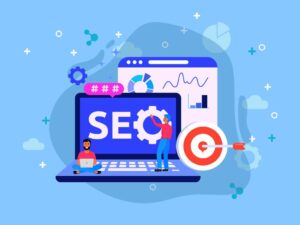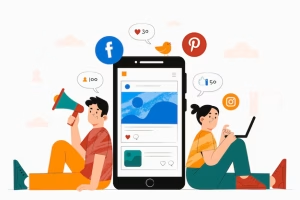Introduction
Artificial intelligence (AI) is revolutionizing AI for behavioral health marketing by enabling providers to deliver highly personalized patient engagement, optimize outreach through predictive analytics, and enhance marketing efficiency. As healthcare systems face challenges like rising costs and workforce shortages [1], AI offers innovative solutions to connect with patients effectively. Clear Path Treatment Solutions, a leader in addiction treatment marketing, leverages AI to drive high-intent leads through targeted ad campaigns and specialized call centers, ensuring seamless patient acquisition. Explore current trends in AI applications within behavioral health marketing, highlighting their potential to improve patient engagement while showcasing our data-driven approach.
Current Trends in AI Applications for Behavioral Health Marketing
Personalized Patient Engagement
AI-powered tools, such as chatbots and virtual assistants, leverage natural language processing (NLP) to deliver tailored content based on patient data, including health records and online behavior [2]. These tools analyze emotional cues and treatment histories to provide empathetic, real-time responses, guiding patients toward relevant services like therapy or support groups [1]. Clear Path Treatment Solutions enhances this process by integrating AI-driven analytics with their in-house call center, pre-assessing leads to ensure personalized engagement that fosters trust and drives admissions. This approach aligns with AI’s ability to improve patient experience and connection with providers.
Predictive Analytics for Targeted Outreach
Predictive analytics uses AI to analyze historical and real-time data, identifying patterns to anticipate patient needs [2]. In behavioral health, AI can predict which individuals are at risk of mental health challenges based on demographic data or online activity [4]. Clear Path employs AI to optimize their Google and Facebook ad campaigns, targeting high-intent keywords like “therapy near me” to reach patients proactively. This data-driven strategy, supported by real-time performance tracking, ensures efficient resource allocation and improved patient acquisition, addressing inequities in access to care [1].
Automation of Routine Marketing Tasks
AI streamlines repetitive tasks like scheduling social media posts, analyzing engagement metrics, and generating performance reports [2]. By automating these processes, marketing teams can focus on strategic initiatives, such as crafting creative campaigns. Clear Path’s transparent approach, utilizing tools like Salesforce for lead management and call tracking metrics, ensures clients have real-time access to campaign performance, enhancing efficiency. Generative AI also creates tailored content for specific patient demographics, aligning with Clear Path’s commitment to compassionate, solution-focused messaging [3].
Successful Case Studies
Singapore’s Hospital to Home Program
Singapore’s Hospital to Home program uses AI-powered chatbots to deliver personalized follow-up messages and mental health check-in reminders. Predictive analytics identify patients at risk of disengagement, improving adherence to treatment plans and outreach success [4]. This initiative demonstrates AI’s potential to enhance patient retention in behavioral health settings.
Wysa App for Mental Health Support
The Wysa app employs AI-driven chatbots to provide personalized therapeutic interventions, analyzing user interactions to tailor content for emotional regulation. Its marketing strategies leverage AI to target users via social media campaigns, driving user growth and improving mental health outcomes [4]. This case highlights AI’s scalability in behavioral health outreach [2].
How Clear Path Treatment Solutions Can Help
Clear Path Treatment Solutions is a leader in utilizing AI, offering ethical and effective solutions to connect treatment centers with patients in need. Their in-house call center employs AI-driven analytics to pre-assess and verify insurance for high-intent leads, ensuring personalized engagement that respects patient privacy and fosters trust. By leveraging predictive analytics, Clear Path optimizes targeted PPC campaigns on platforms like Google and Facebook, reaching individuals actively seeking behavioral health services while minimizing bias through diverse data inputs. Their commitment to transparency, with real-time performance tracking via Salesforce and call metrics, allows clients to monitor campaign effectiveness and data usage, aligning with ethical marketing standards [5]. Additionally, Clear Path streamlines the patient acquisition process by handling travel arrangements and the full call funnel, enabling treatment centers to focus on delivering compassionate care. For providers looking to enhance their outreach responsibly, Clear Path offers a proven, data-driven solution.
FAQs
How does Clear Path Treatment Solutions use AI for behavioral health marketing?
Clear Path leverages AI for behavioral health marketing through targeted PPC campaigns, predictive analytics for personalized outreach, and automated lead management, ensuring efficient and ethical patient acquisition.
How does Clear Path ensure ethical AI use in behavioral health marketing?
Clear Path employs HIPAA-compliant platforms, secure data handling, and diverse datasets to minimize bias, while providing real-time transparency through Salesforce and call tracking metrics to build trust.
How does Clear Path protect patient data when using AI?
Clear Path uses HIPAA-compliant tools, robust encryption, and secure data storage to safeguard personal health information (PHI), preventing unauthorized access or breaches.
Can AI for behavioral health marketing reach underserved populations?
Yes, Clear Path mitigates algorithmic bias by using diverse datasets and regular performance audits, ensuring equitable outreach to underserved groups seeking behavioral health services.
What benefits do treatment centers gain from partnering with Clear Path?
Treatment centers benefit from Clear Path’s AI-driven marketing, including high-intent lead generation, insurance verification, travel arrangements, and transparent performance tracking, allowing them to focus on patient care.
Conclusion
AI is transforming behavioral health marketing by enabling personalized engagement, predictive outreach, and operational efficiency [1]. Clear Path Treatment Solutions exemplifies this transformation, using AI-powered ad campaigns and a specialized call center to deliver high-intent leads with transparency and compliance. Case studies like Singapore’s Hospital to Home program and the Wysa app further illustrate AI’s impact [4]. As providers adopt these technologies, they can build stronger patient connections, delivering compassionate care. Our next blog will explore the ethical challenges of using AI for addiction recovery, with insights into how Clear Path ensures responsible implementation. For more information on Clear Path’s services, visit https://clearpathtx.com.
Sources
[1] Artificial Intelligence in Healthcare: Transforming the Practice of Medicine – https://pmc.ncbi.nlm.nih.gov/articles/PMC8285156/
[2] Harnessing the Power of Artificial Intelligence: A Review of Its Impact on Clinical Practices and Healthcare Management – https://pmc.ncbi.nlm.nih.gov/articles/PMC10744168/
[3] The Role of Artificial Intelligence in Hospitals and Clinics: A Review of Its Applications and Implications – https://pmc.ncbi.nlm.nih.gov/articles/PMC11047988/
[4] A Review of the Role of Artificial Intelligence in Healthcare – https://pmc.ncbi.nlm.nih.gov/articles/PMC10301994/
[5] The Future of Telemedicine and Artificial Intelligence Integration in Clinical Practice – https://pmc.ncbi.nlm.nih.gov/articles/PMC8349367/





